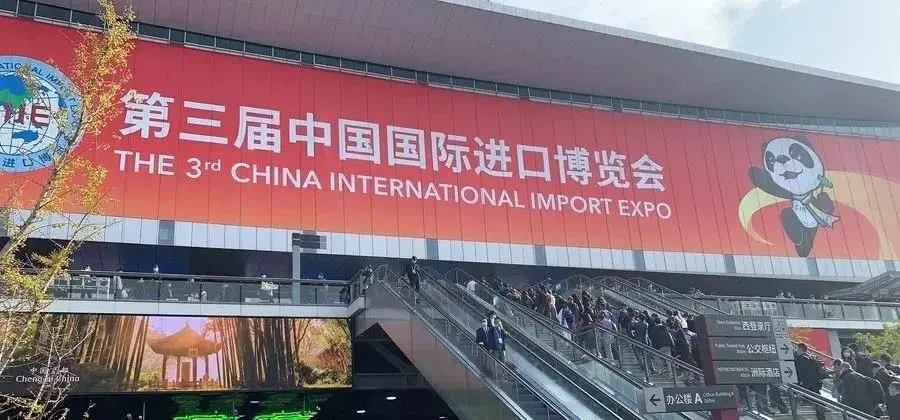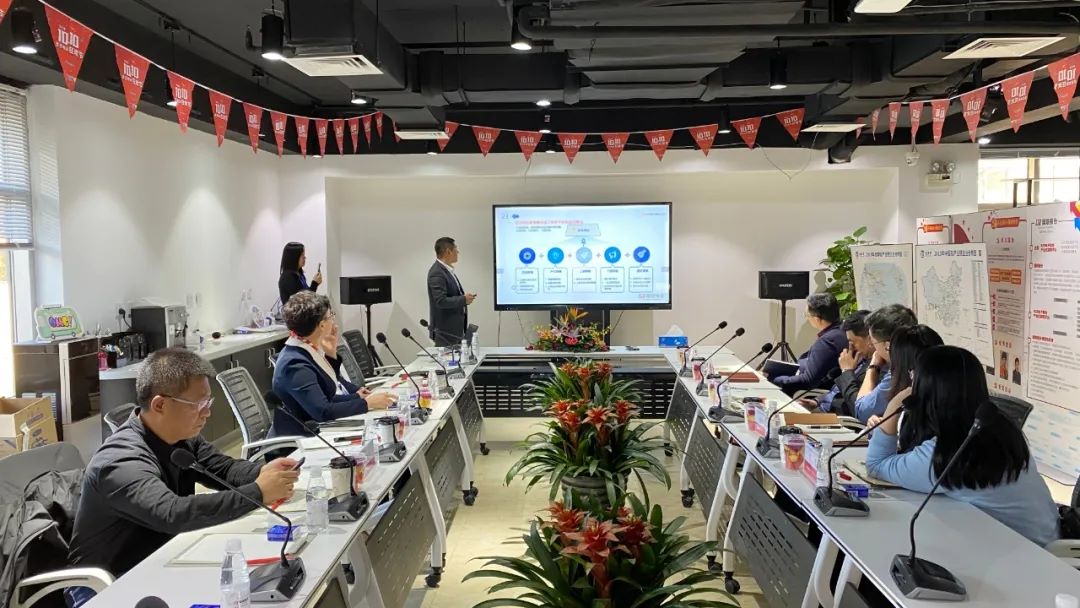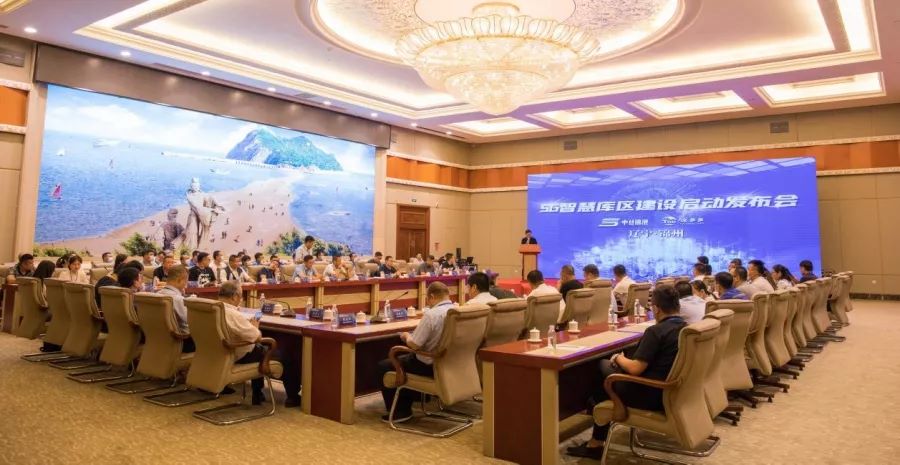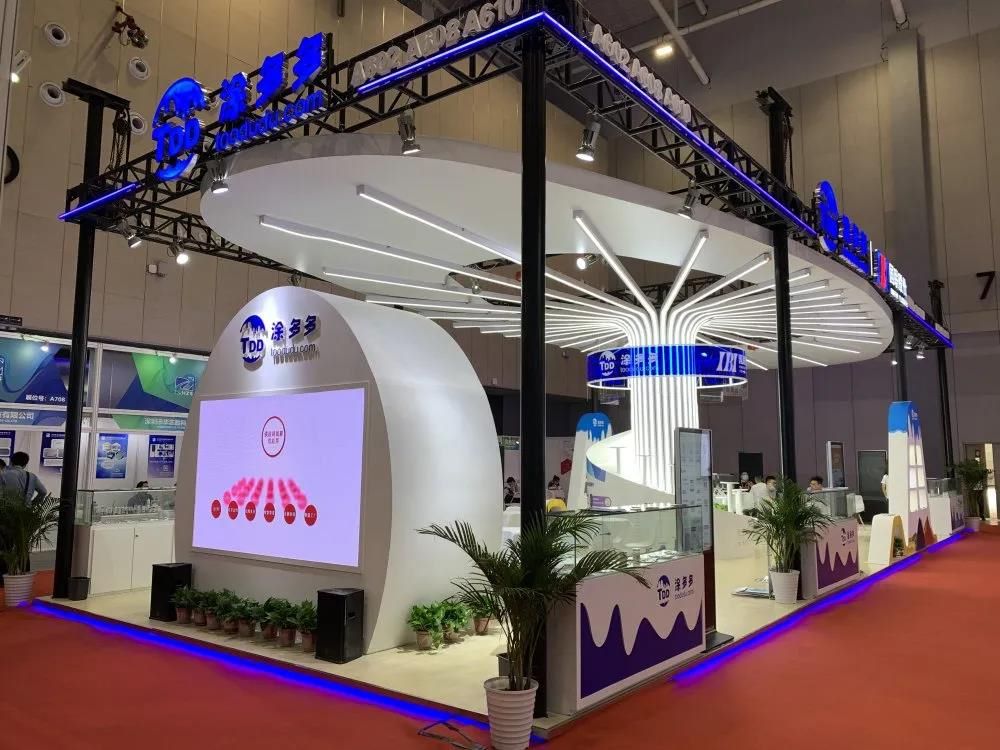Export tire industry faces severe challenges again
On April 2, US time, Trump signed an executive order on the so-called "reciprocal tariffs" in the White House, like throwing a boulder into the calm lake of global trade, stirring up thousands of waves. The tariff policy announced this time shows that the United States implements differentiated tariffs on different economies: 20% for the European Union, 10% for Brazil and the United Kingdom, 31% for Switzerland, 26% for India, 25% for South Korea, 24% for Japan, 32% for Indonesia, and 36% for Thailand.

It is worth noting that the 34% tariff on China ranks among the top, significantly higher than most major trading partners! China: Oppose bullying and defend rights and interests In the face of the US operation, the State Council Tariff Commission issued an announcement on April 4 stating that the US practice is not in line with international trade rules and seriously damages China's legitimate rights and interests. It is a typical unilateral bullying practice.
In accordance with the Tariff Law of the People's Republic of China, the Customs Law of the People's Republic of China, the Foreign Trade Law of the People's Republic of China and other laws and regulations and basic principles of international law, with the approval of the State Council, from 12:01 on April 10, 2025, additional tariffs will be imposed on imported goods originating in the United States. The relevant matters are as follows:
1. For all imported goods originating from the United States, a 34% tariff will be imposed on the basis of the current applicable tariff rate.
2. The current bonded and tax reduction and exemption policies remain unchanged, and the additional tariffs imposed this time will not be reduced or exempted.
3. Before 12:01 on April 10, 2025, the goods have been shipped from the place of departure, and imported from 12:01 on April 10, 2025 to 24:00 on May 13, 2025, and the tariffs imposed as stipulated in this announcement will not be imposed.
As we have emphasized many times, there are no winners in trade wars and tariff wars, and there is no way out for protectionism. Chinese tire companies will also shed blood and sweat for this battle.
In the past two years, in order to occupy a place in the fiercely competitive US tire market, domestic tire companies have tried their best to invest in factories in Thailand, Cambodia, Vietnam and Mexico. But a new round of trade wars has begun, which is bad news for Chinese tire companies that have built factories overseas.
In the US market, the share of domestic tires continues to decrease
Data shows that in 2024, the United States imported a total of 273 million tires, a year-on-year increase of 7.3%. Among them, the import of passenger car tires increased by 2.1% year-on-year to 168.7 million; the import of truck and bus tires increased by 18.3% year-on-year to 58.74 million; the aircraft tires increased by 1.3% year-on-year to 290,000; the motorcycle tires increased by 30% year-on-year to 3.4 million; the bicycle tires increased by 31% year-on-year to 6.76 million. In 2024, the United States imported a total of 24.86 million tires from China, a year-on-year decrease of 3%. Among them, passenger car tires decreased by 34% year-on-year to 1.59 million; truck and bus tires decreased by 22% year-on-year to 1.55 million. The United States is one of the most important markets for Chinese tire exports, but Chinese tires are gradually being cleared by the US market. And the impact of the trade war on the tire industry is far more than that!
Supply chain shock, cost increase
The supply chain of the tire industry is a complex and huge system involving many countries and regions around the world. After the United States imposed tariffs, not only did the cost of tires exported from China to the United States increase significantly, but even the links related to the United States in the global supply chain were also affected. In order to cope with this situation, tire companies have to re-evaluate the layout of the supply chain and seek new raw material suppliers and transporters, which undoubtedly increases the operating costs and management difficulties of the company.
And because the reciprocal tariffs also involve multiple countries and regions, they have a higher and deeper impact on the tire industry, tire raw material industry, and automobile industry. Even so, it can be foreseen that Chinese tire companies are invincible cockroaches and will become more and more courageous in this battle!
Layout adjustment, diversified development
For many years, in order to cope with the challenges brought by trade protectionism, Chinese tire companies have gradually begun to adjust their overseas layout and reduce their dependence on the US market. Since the "Tire Special Protection Case", Chinese tire companies have accelerated the development of emerging markets and expanded tire exports to emerging economies such as Russia, Brazil, Mexico and the Middle East. At the same time, in order to avoid trade frictions and reduce the impact of tariffs, many companies have built factories overseas. With the United States launching trade barriers against Southeast Asian countries such as Thailand and Vietnam, the location of Chinese tire overseas factories has gradually shifted from Southeast Asia to Mexico and other European and American hinterlands.
Innovation-driven, enhance strength
Facing tariff pressure, Chinese tire companies have long been deeply aware that only through technological innovation and brand building can they remain invincible in the fierce international market competition. Enterprises have increased their investment in research and development, improved product quality and technical content, and developed high-performance, green and environmentally friendly tire products to meet the market demand for high-quality tires.
In addition, companies also focus on brand building, and enhance the international visibility and reputation of their brands by participating in international exhibitions and conducting brand marketing activities. Trump's "reciprocal tariff" policy has brought severe challenges to China's automobile and tire industries, but it has also become an important opportunity to promote the transformation and upgrading of the industry and international development. The Chinese government firmly opposes trade protectionism and creates a fair and just international trade environment for enterprises.
In the process of responding to challenges, Chinese automobile and tire companies have continuously adjusted their strategic layout, increased technological innovation and brand building efforts, and enhanced their core competitiveness. In the turbulent global trade, the Chinese tire industry is like a tough giant ship. Although it faces the test of strong winds and waves, it is steadily sailing towards a new journey full of hope with firm beliefs, flexible strategies and strong strength!
- Tire exporters "get angry" and crash directly. What's going on?1075
- What are the differences between HT, AT and MT tires?1004
- Well-known tire brand products urgently recalled!984
- Chinese tire companies are expanding production1020
- Sailun’s performance is outstanding: revenue exceeds 30 billion and profits increase significantly!1038









